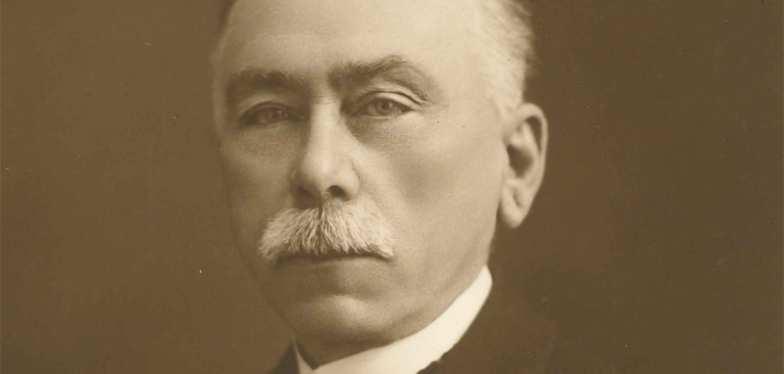Jules Bordet, Nobel Prize for Medicine 100 years ago

2019 marks the 100th anniversary of the awarding of the Nobel Prize for Medicine to Belgian immunologist and microbiologist Jules Bordet. This is an opportunity to look back at a man who left his mark on the history of science.
Jules Bordet was born in Soignies in 1870 and died in Ixelles in 1961. He won the Nobel Prize for Medicine in 1919. He gave his name to an institute. That is what the encyclopaedias would say. But the reality is much more exciting.
He was the founder of the Belgian School of Immunology
The story began early, as Jules Bordet entered the Faculty of Medicine of the Free University of Brussels at the age of just 16. Six years later, he graduated as a doctor and embarked on a scientific career. His early fame earned him a government scholarship, allowing him to attend the Pasteur Institute in Paris. A dazzling career then opened up for him. The young doctor's research focused on the body's major immune responses, as demonstrated by vaccination techniques. His discoveries increased and expanded in the years that followed, as he provided remarkable diagnostic tools for various microbial infections such as fever, tuberculosis and plague.
His reputation as a young doctor continued to grow. In 1901, the Province of Brabant appointed him head of the newly created bacteriological institute in Belgium. Six years later, he became professor of bacteriology at the Free University of Brussels, where he remained until the end of his career. During the Great War, he gathered all his research together in a Treaty of Immunity, which remains bedtime reading for all biologists even today. In 1919, the medical jury awarded him a prize for all his immunology work. The country's first Nobel Prize for Medicine! With his incorrigible curiosity, Jules Bordet continued his work until his death in 1961, at the age of 90.
And today?
To this day, high-level scientific institutions ensure that his name remains familiar to the general public. This is particularly the case with the Jules Bordet Institute in Brussels. In 1986 the Institute, a pioneer in cancer research, created the first breast clinic in Europe and the first psycho-oncology department in the country, bringing together psychologists and doctors specialising in the care of cancer patients. The Jules Bordet Institute also carries out important research activities that lead to major discoveries every year. Particularly noteworthy is its involvement in the development of Herceptin, a drug that improves the treatment of certain types of tumour.
Jules Bordet will go down in history as the founder of immunology, a discipline that is essential if we want to control organ transplants, for example. Today, Belgium is working to remain at the forefront of studies into the immune system.